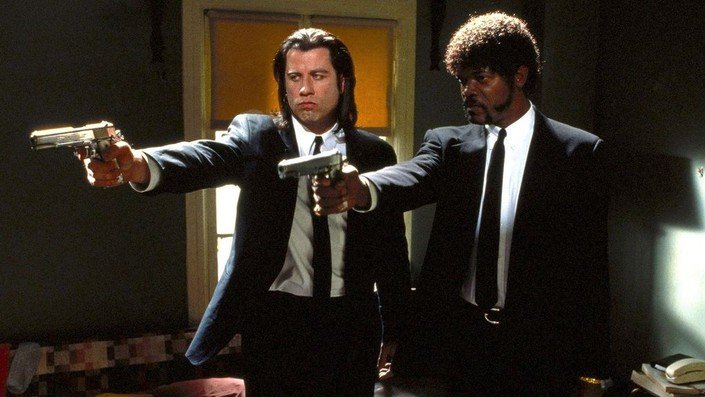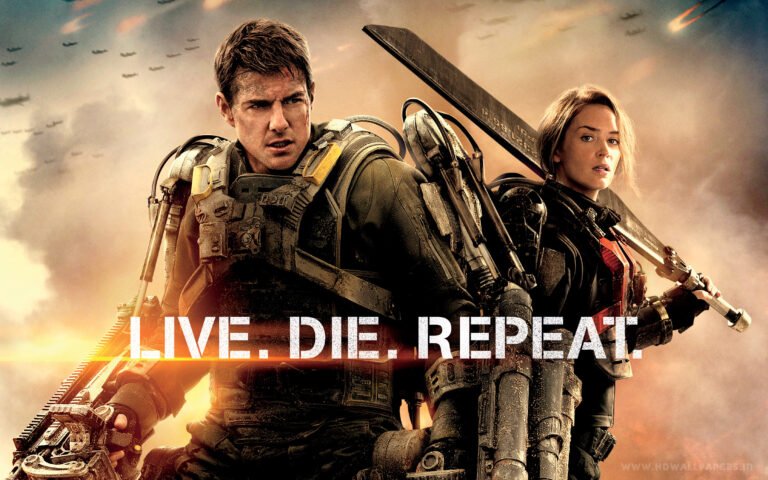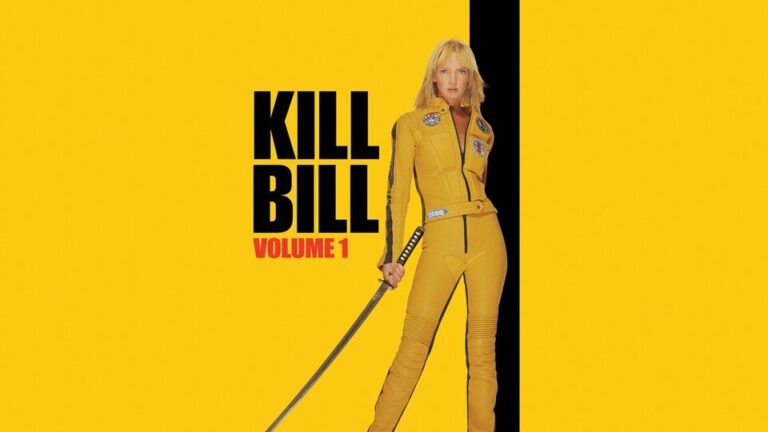
When Ridley Scott’s highly anticipated film “Napoleon” was first released in theaters, it was met with a mixed response from both critics and audiences. Many were drawn to the grand scale and visual spectacle of the production, but ultimately found the film’s historical inaccuracies and narrative shortcomings to be a major disappointment. Now, with the release of the “Director’s Cut” on Apple TV+, the question remains: does this extended version offer a more compelling and insightful exploration of one of history’s most iconic figures?
The Lofty Expectations for Ridley Scott’s “Director’s Cut”
Prior to the theatrical release of “Napoleon,” Ridley Scott had teased the existence of a much longer, 4.5-hour version of the film that he was eager to share with audiences. This raised expectations among fans and historians alike, who hoped that the additional footage would provide a more nuanced and historically grounded portrayal of Napoleon Bonaparte’s life and legacy.
The director’s cut that ultimately made its way to Apple TV+ is a mere 205 minutes long, 48 minutes longer than the original theatrical release. This has left many viewers feeling underwhelmed and disappointed by the lack of substantial new content.
The creator expresses deep disagreement with the historical basis, or lack thereof, that Ridley Scott and his team have used as the foundation for the film. The screenplay, written by David Scarpa, seems to be a “collection of elementary school material” combined with “bombastic conspiracy theories,” a sentiment that was apparently shared by the film’s lead actor, Joaquin Phoenix, who threatened to leave the production if the script was not revised.
The Expanded Focus on Josephine
One of the key differences between the theatrical cut and the director’s cut is the increased emphasis on the relationship between Napoleon and his first wife, Josephine. The director’s cut “treats of further expanding the role of Josephine, played by Vanessa Kirby, with much more about her origins, some of her goals, and the interest for Ridley is the first exchange of glances, the first conversation and the approach, the search for an heir, the humiliation.”
While the creator acknowledges that the costume and production design of “Napoleon” are excellent and deserving of recognition, he feels that the film’s focus on the personal relationship between the two protagonists comes at the expense of a more comprehensive exploration of Napoleon’s military and political strategies. He laments that “several passages have been deeply summarized due to abrupt cuts, and the interest is Napoleon and Josephine, which this should have been the title of the film.”
The director’s cut delves deeper into the origins and motivations of Josephine, providing more context for her role in Napoleon’s life.
However, this expanded focus on the personal relationship comes at the expense of a more thorough examination of Napoleon’s military and political achievements.
The creator suggests that the film’s title should have been “Napoleon and Josephine” to better reflect the director’s apparent priorities.
The Missed Opportunities in Depicting Napoleon’s Military Campaigns
One of the most significant criticisms is the lack of depth and attention given to Napoleon’s military campaigns and strategic decision-making. Several passages have been deeply summarized due to abrupt cuts, leaving viewers with a superficial understanding of the events that shaped Napoleon’s rise to power and his eventual downfall.
The creator points to the “inaccredible” scene depicting the Battle of Waterloo as a prime example of the film’s shortcomings in this regard. Despite the “grandeur” and the “extraordinary number of professionals involved” in the production, the creator argues that the battle sequence is “one of the most bizarre scenes in a film of this type,” failing to capture the true complexity and significance of this pivotal moment in history.
The director’s cut does include some additional footage related to Napoleon’s military campaigns, such as an expanded sequence covering the Russian campaign. However, the creator suggests that these additions are largely superficial, “maintaining several inconsistencies” and failing to provide the depth and nuance that one would expect from a film of this scale and ambition.
The director’s cut does not adequately explore Napoleon’s military strategies and decision-making, with several key battles and campaigns being reduced to brief, superficial sequences.
The Battle of Waterloo, in particular, is cited as a missed opportunity, with the creator describing the scene as “one of the most bizarre” in the film despite the impressive production values.
The additional military-focused content in the director’s cut is deemed insufficient, as it fails to provide the necessary context and depth to truly understand Napoleon’s rise and fall as a military leader.
The Persistent Issues of Historical Inaccuracy and Revisionism
One of the most significant criticisms leveled against both the theatrical and director’s cut of “Napoleon” is the film’s apparent disregard for historical accuracy and its embrace of revisionist theories and conspiracy narratives.
The creator has a “deep disagreement” with the historical basis, or lack thereof, that Ridley Scott and his team have used as the foundation for the film. The screenplay is described as a “collection of elementary school material” combined with “bombastic conspiracy theories,” a sentiment that was apparently shared by the film’s lead actor, Joaquin Phoenix.
The creator goes on to state that the director’s cut “merely expands scenes without context, without a basis, maintaining this very low content, a feast of mediocrity.” He cites the film’s treatment of the Napoleonic Wars, the French Revolution, and even the relationship between Napoleon and Josephine as examples of how the director’s cut fails to adhere to established historical facts and instead indulges in fanciful revisionism.
This lack of historical integrity is a major source of frustration for the creator, who argues that a film of this scale and ambition should strive for a more rigorous and nuanced portrayal of one of history’s most complex and influential figures.
Both the theatrical and director’s cut of “Napoleon” are criticized for their disregard for historical accuracy and their embrace of revisionist theories and conspiracy narratives.
The creator expresses a “deep disagreement” with the historical basis, or lack thereof, used as the foundation for the film, describing the screenplay as a “collection of elementary school material” combined with “bombastic conspiracy theories.”
The director’s cut is seen as merely expanding upon these flawed historical foundations, without providing the necessary context or depth to truly understand Napoleon’s life and legacy.
The Missed Opportunity for a Truly Compelling Napoleonic Epic
Ultimately, the creator’s assessment of the “Director’s Cut” of “Napoleon” is one of profound disappointment. Despite the film’s impressive production values, grand scale, and the director’s own lofty ambitions, the end result is a work that the creator deems a “feast of mediocrity,” failing to live up to the expectations set by Ridley Scott’s previous acclaimed historical epics.
The creator’s critique extends beyond the director’s cut, however, as he suggests that even the original theatrical release was a missed opportunity to create a truly compelling and insightful exploration of Napoleon’s life and legacy. He laments that the film’s focus on the personal relationship between Napoleon and Josephine comes at the expense of a more comprehensive examination of Napoleon’s military and political strategies, which he believes should have been the true focus of the film.
The creator’s disappointment is palpable, as he expresses hope that perhaps a “Final Cut” of “Napoleon” will one day be released, drawing on the director’s original 4.5-hour vision and providing the depth and nuance that the current versions so clearly lack. Until then, the “Director’s Cut” stands as a flawed and underwhelming expansion of an already problematic historical epic.
The creator’s overall assessment of the “Director’s Cut” of “Napoleon” is one of profound disappointment, despite the film’s impressive production values.
He argues that the director’s cut, like the original theatrical release, fails to live up to the expectations set by Ridley Scott’s previous acclaimed historical epics.
The creator suggests that the film’s focus on the personal relationship between Napoleon and Josephine comes at the expense of a more comprehensive examination of Napoleon’s military and political strategies, which he believes should have been the true focus of the film.
The creator expresses hope that a “Final Cut” of “Napoleon” may one day be released, drawing on the director’s original 4.5-hour vision and providing the depth and nuance that the current versions so clearly lack.
For those interested in further exploring the creator’s thoughts on “Napoleon,” be sure to check out the critique video. And don’t forget to follow the creator on Instagram and X (Twitter) for more insightful commentary on film and history.


